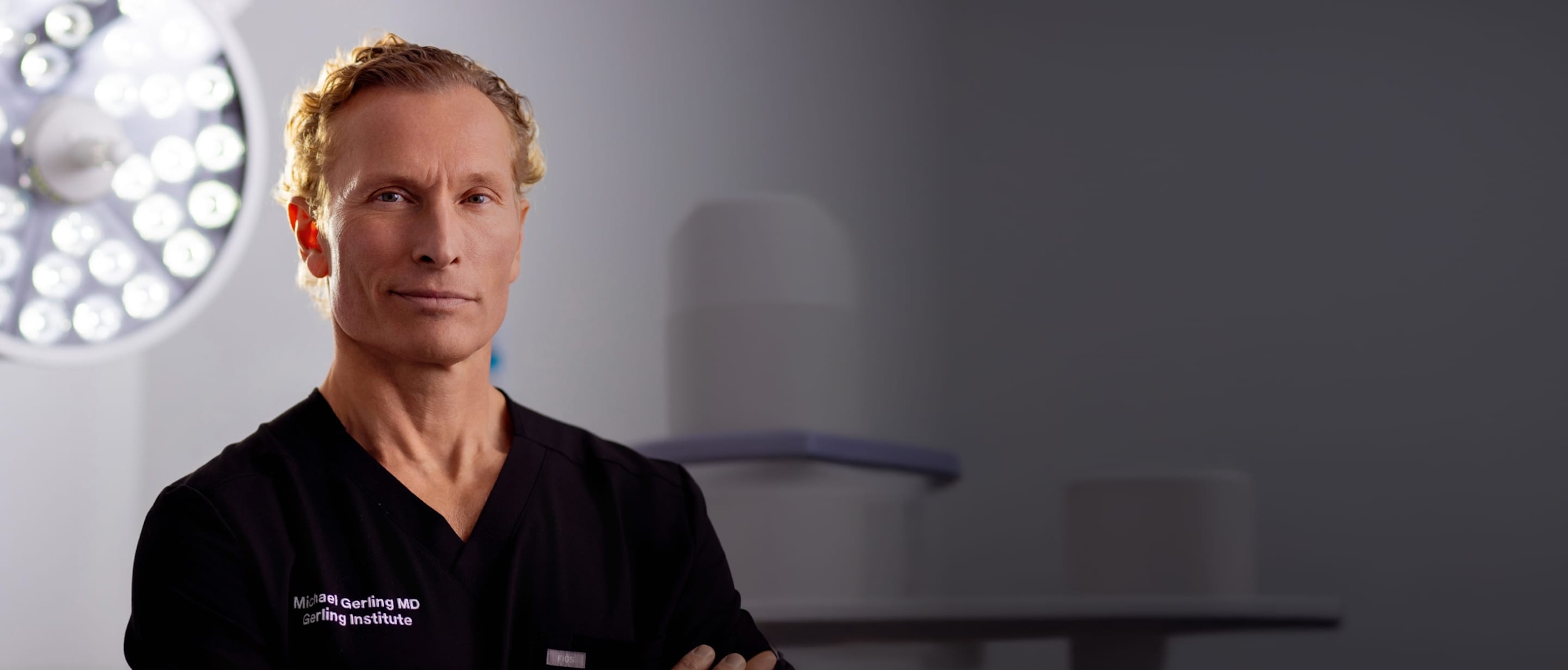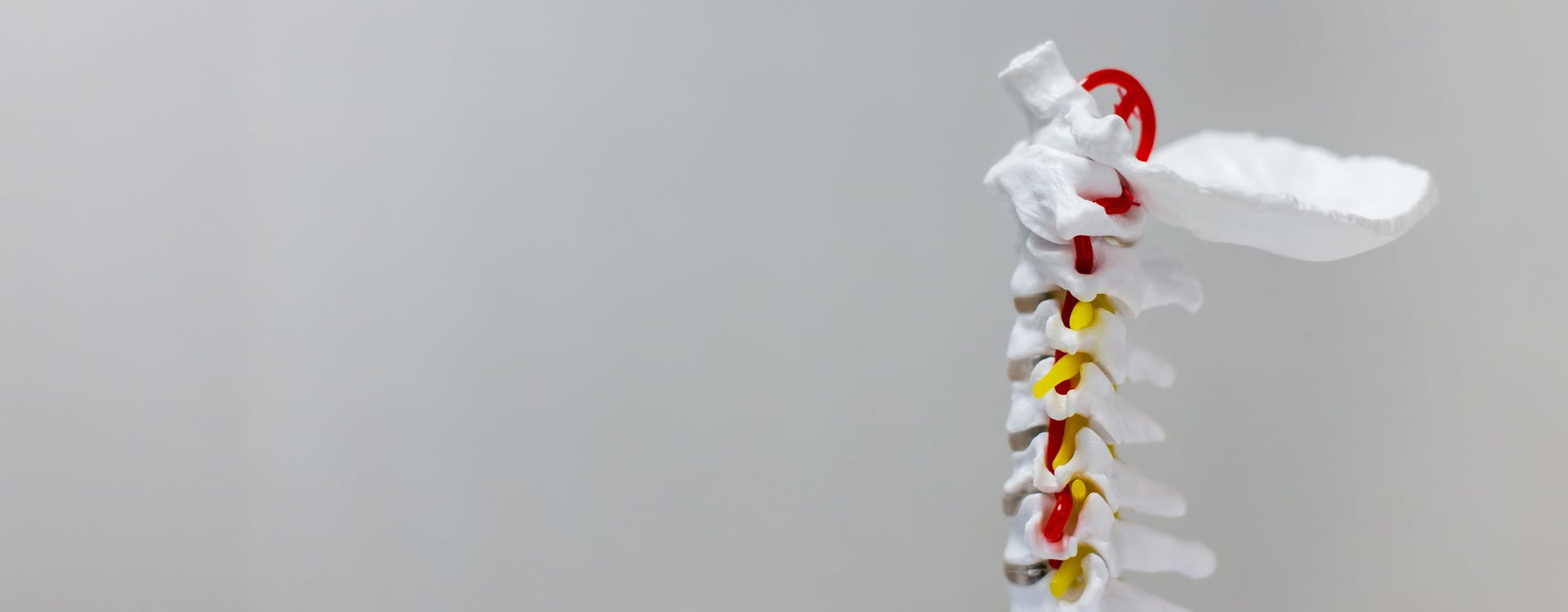A thoracic disc herniation occurs when a spinal disc in the mid-back bulges or ruptures, pressing on nearby nerves and causing pain, stiffness, or neurological symptoms in the torso or legs.
Signs and Symptoms
Symptoms depend on the location and size of the herniation, as well as whether it compresses the spinal cord or nearby nerves. Common signs include:
- Mid-back pain or stiffness
- Pain radiating around the chest or abdomen (sometimes mistaken for heart or digestive issues)
- Numbness or tingling in the trunk or legs
- Muscle weakness or loss of coordination
- Difficulty with balance or walking
- In severe cases, changes in bladder or bowel control
If you experience any of these symptoms, particularly weakness or loss of control, seeking prompt medical evaluation is important.






